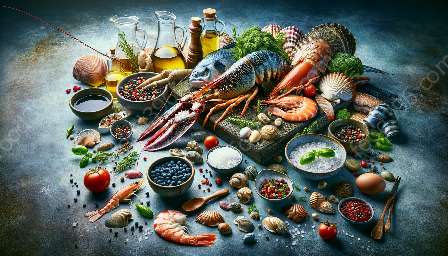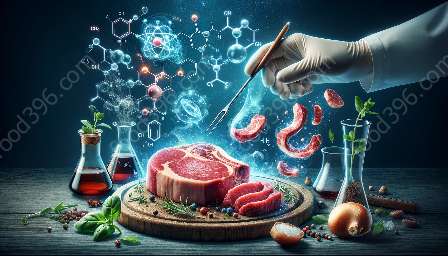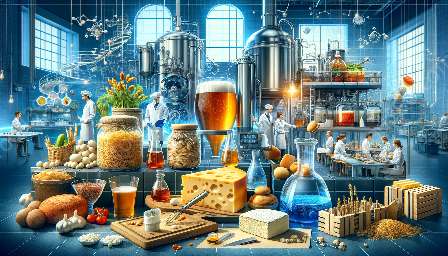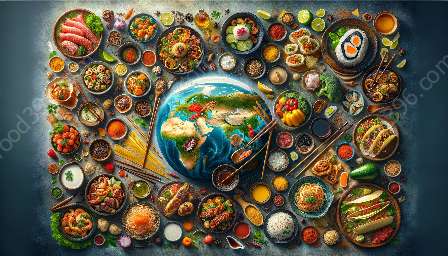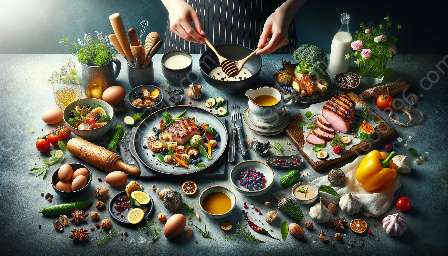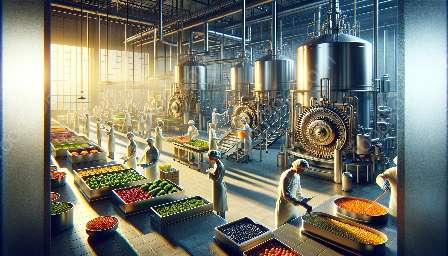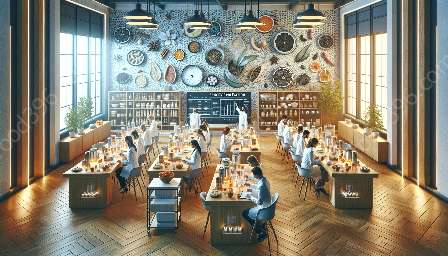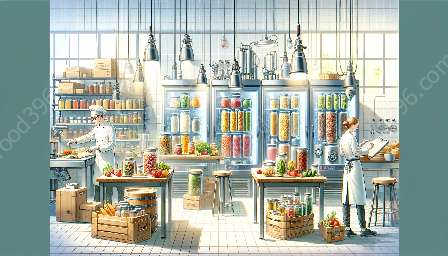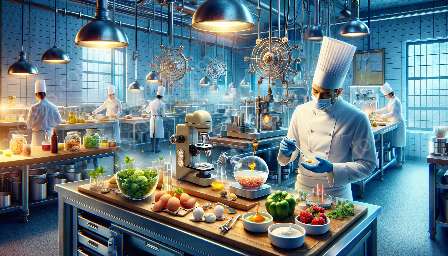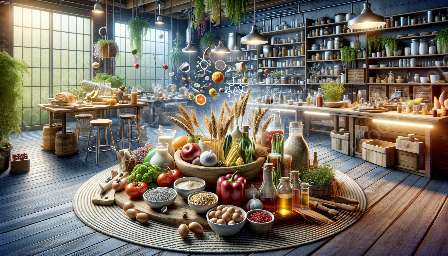The Intersection of Culinary Art and Food Science
Over the years, the world of food and drink has witnessed a remarkable transformation, driven by the fusion of culinary arts and food science. This synergy has given birth to a groundbreaking discipline known as culinology. Culinology, a portmanteau of 'culinary' and 'technology,' represents the convergence of culinary arts, food science, and food technology to create innovative and appealing food and beverage products that meet consumer needs and preferences.
Understanding Culinology
Culinology involves a multidisciplinary approach that combines culinary skills, sensory analysis, food science, and technology to develop new food and beverage products. It aims to enhance the flavor, texture, nutritional value, and overall quality of food and drink items. Culinologists, professionals at the forefront of this field, leverage their expertise in culinary arts and food science to create innovative recipes, optimize production processes, and improve the shelf life and safety of food products.
The Role of Culinology in Food Innovation
Culinology has had a profound impact on the food and drink industry, driving unprecedented innovation and transforming the way we experience and consume food. By combining culinary expertise with scientific knowledge, culinologists have pioneered the development of healthier, more sustainable, and better-tasting food and beverage options. From plant-based meat alternatives to functional beverages, culinology has played an integral role in meeting the evolving demands of consumers and addressing global food challenges.
Applications of Culinology in Product Development
Culinologists play a pivotal role in product development for the food and drink sector. They collaborate with food scientists, chefs, and industry professionals to create recipes, optimize ingredient combinations, and develop efficient production processes. Moreover, culinologists are instrumental in conducting sensory evaluations, flavor profiling, and consumer preference studies to ensure that the end products align with market expectations while delivering exceptional taste and nutritional value.
Driving Consumer Satisfaction Through Culinology
The incorporation of culinology in food and drink production has significantly elevated the overall consumer experience. By marrying culinary expertise with scientific rigor, culinologists have been able to address consumers' growing demand for natural, minimally processed, and sustainable food options. Furthermore, through the innovative application of cooking techniques, food chemistry, and flavor science, culinologists have succeeded in creating products that resonate with diverse consumer palates, while meeting stringent quality and safety standards.
Culinology and Sustainable Food Practices
In an era dominated by concerns about environmental sustainability and ethical food sourcing, culinology has emerged as a driving force for sustainable practices within the food and drink industry. Culinologists actively seek ways to minimize food waste, optimize ingredient utilization, and develop eco-friendly packaging solutions. By harnessing their culinary and scientific knowledge, culinologists are paving the way for a more sustainable and environmentally responsible food production landscape.
Future Prospects and Innovations in Culinology
The future of culinology holds great promise as it continues to push the boundaries of food innovation. Advances in culinary technology, such as molecular gastronomy and precision cooking, are reshaping the way food is prepared and presented. Additionally, the integration of food science and culinary arts has led to the exploration of unconventional ingredients, novel flavor combinations, and pioneering cooking methods, all of which are poised to redefine the food and drink landscape.
In conclusion, the dynamic interplay of culinary arts and food science in the form of culinology has revolutionized the food and drink industry. This innovative field not only fuels culinary creativity and gastronomic exploration but also addresses critical challenges related to nutrition, sustainability, and consumer satisfaction. As culinology continues to evolve, it is set to inspire a new era of culinary excellence and shape the future of how we perceive, savor, and enjoy food and drink.









